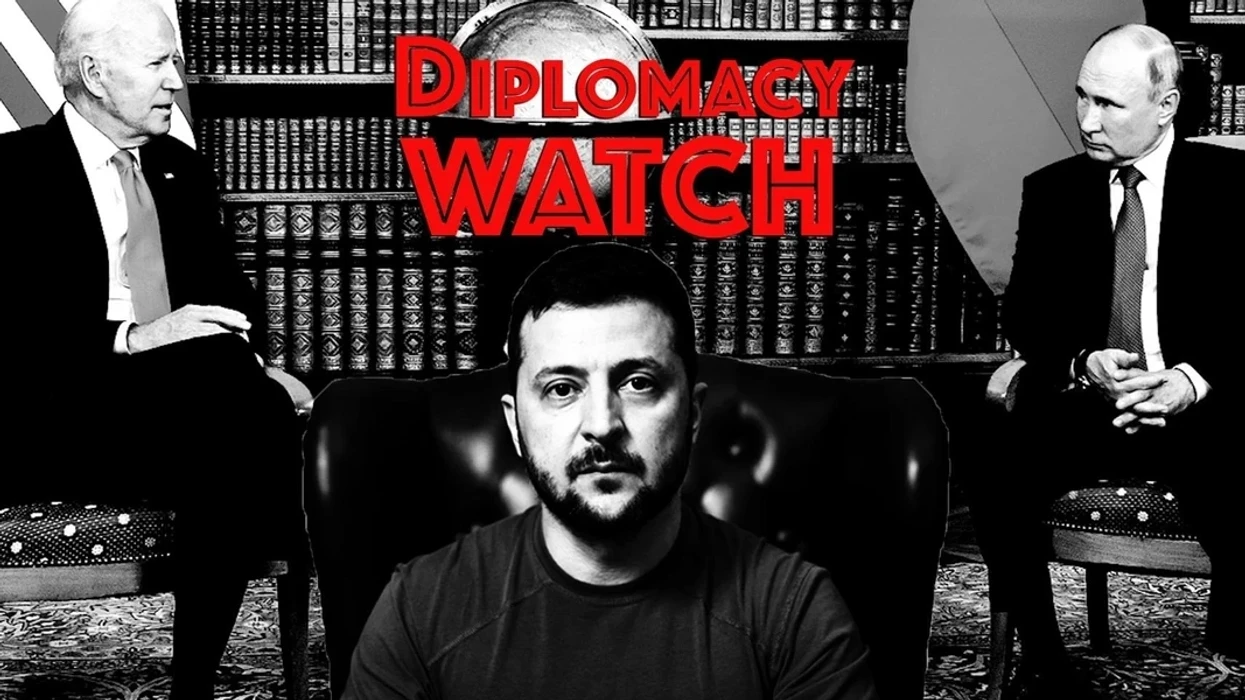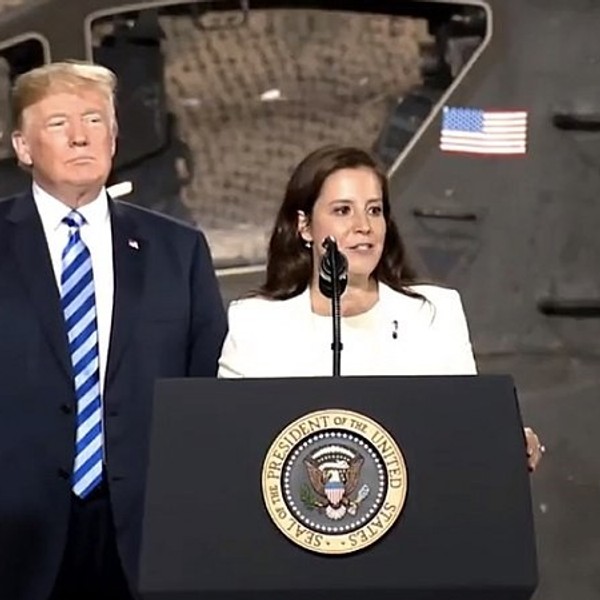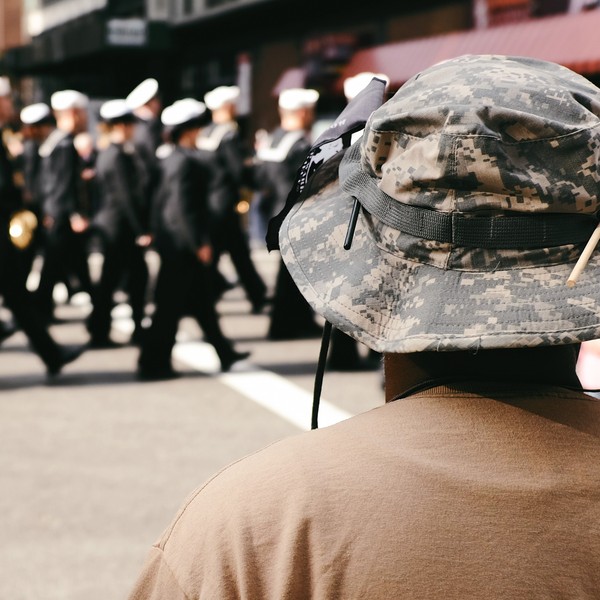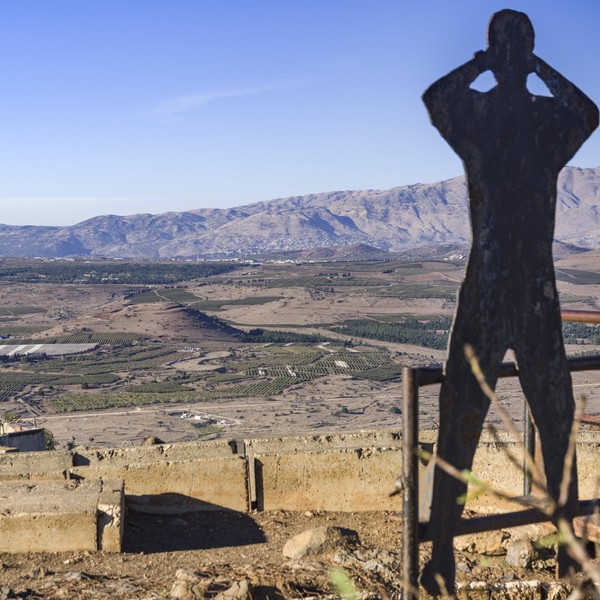House Speaker Kevin McCarthy has pledged to remove several Democratic members from some of their most important committee assignments as a way of buying support from Republicans for his position. Among those targeted by McCarthy is Rep. Ilhan Omar of Minnesota, who has been in the crosshairs of hawks for years because she has been an outspoken critic of U.S. foreign policy.
Now McCarthy is promising to remove her from the House Foreign Affairs Committee, where she has served diligently for the last four years. The official pretext for removing her is her alleged bias against Israel, but the reality is that Rep. Omar has been a thorn in the side of hawks on many issues and, as a Somali-American Muslim woman, she has become their preferred target of abuse.
It is true that Rep. Omar is a trenchant critic of the abuses of the Israeli government, and she has joined her colleague Rep. Rashida Tlaib of Michigan in speaking out against the apartheid conditions that Palestinians are forced to endure. Omar first became a target of hawkish backlash from both parties in 2019 when she called out the political pressure that leads to the reflexive support that Congress gives to Israel. Like many critics of U.S. policy towards Israel before her, she was outrageously smeared with the charge of anti-Semitism. As columnist Paul Waldman observed at the time, Omar was rebuked “for things she didn't actually say and ideas she didn't actually express.” It has become common for Omar’s critics to distort and misrepresent her words, because they usually have no good responses to her arguments.
In 2021, she faced another wave of dishonest attacks when she asked Secretary of State Antony Blinken where victims could go for justice if U.S. and Israeli forces were responsible for the abuses. Omar’s point was that the victims of all crimes should be able to get justice no matter who the perpetrators may be: “We must have the same level of accountability and justice for all victims of crimes against humanity.” This appeal for a single standard of accountability was then twisted by Omar’s critics into equating the United States with the Taliban. Anyone that watches the video of her question or reads her words can see that she wasn’t saying anything of the kind, but she was challenging the blatant double standard that the United States applies to itself and Israel when it comes to such wrongdoing.
Omar’s questioning of Blinken was important and revealing. It exposed the hypocrisy of the U.S. position on exempting itself and Israel from the jurisdiction of the International Criminal Court, and it called attention to the lack of accountability for alleged U.S. and Israeli war crimes. This is exactly the sort of oversight that members of Congress should be exercising, and the House Foreign Affairs Committee is better for having someone like Rep. Omar on it. I suspect that McCarthy and his allies want her off the committee because she has been too effective in asking hard questions about the policies and actions of the United States and U.S.-backed states.
Despite the obnoxious backlashes against her, Rep. Omar has not stayed quiet on these and other important issues. She has been a vocal critic of human rights abuses by many other governments, including both Saudi Arabia and China. Omar has condemned Uighur genocide in Xinjiang and fought against U.S. support for the atrocious war on Yemen, and she has also denounced the illegal Russian invasion of Ukraine in the strongest terms.
Last year, Rep. Omar and her colleagues appealed to the Biden administration to reinstate the Group of Eminent Experts (GEE) to resume its work in investigating war crimes and human rights abuses by all parties to the Yemen conflict. The Saudi government had successfully lobbied to kill off the group to shield itself from international scrutiny, and Omar was one of the leaders in this effort to reverse this outrage.
She has been a consistent, principled opponent of the use of broad sanctions against other countries. While she has supported targeted sanctions against specific officials responsible for abuses, she rejects broad sanctions that mostly harm innocent people while doing little or nothing to the leadership. Rep. Omar has gone beyond most standard criticisms of broad sanctions to describe them as the form of collective punishment they are. Not content only to criticize existing policy, Omar has been at the forefront of seeking to reform how our government uses sanctions.
In the previous Congress, she used her position as vice chair of the House Foreign Affairs Subcommittee for Africa to urge the Biden administration to analyze the humanitarian effects of broad sanctions. As the letter that she and her colleagues sent put it, “Far too often and for far too long, sanctions have been imposed as a knee-jerk reaction without a measured and considered assessment of their impacts.” Almost two years since that letter was written, the need to address our government’s overuse of sanctions has only become greater. Far from scaling back the use of economic warfare, the Biden administration has continued and expanded it. The United States needs sanctions opponents like Rep. Omar in an oversight role if there is to be any chance of reining in these out-of-control policies.
The scholarly literature on sanctions has found that they are usually ineffective and destructive, and Rep. Omar has been unusual among members of Congress in taking these findings seriously. In an op-ed she wrote for The Washington Post in 2019, she made a solid case against broad sanctions for being both harmful and counterproductive: “Research has shown that sanctions rarely achieve their desired goals. In the worst-case scenario, they hurt the people of a country — generally the very people we’re purporting to help — without making a dent in the country’s behavior. And in the case of human rights abusers, research suggests that more abuses typically occur with economic sanctions in place than without them.”
Omar has also demonstrated real political courage in dissenting against reckless policies that had widespread support in Washington. When it was easy and popular to jump on the bandwagon for regime change in Venezuela, she was one of a very few members of Congress to oppose U.S. policy there. Four years later, the failure of the regime change policy is obvious and Omar’s principled opposition to regime change and economic warfare against Venezuela has been vindicated.
When Bolivian President Evo Morales was ousted in a coup in 2019, Omar was one of a handful in Washington to call it a coup and condemn it. In both cases, it would have been politically safer to stay quiet or to embrace the prevailing view in Washington, but Rep. Omar spoke out against a destructive U.S. policy in one country and an attack on democracy in another.
This is the sort of principled advocacy that Americans need from their representatives in Congress, and it is something that is missing far too often from the making of our foreign policy. If McCarthy succeeds in removing Rep. Omar from the Foreign Affairs Committee, he will be doing a grave disservice to the public and the country.















